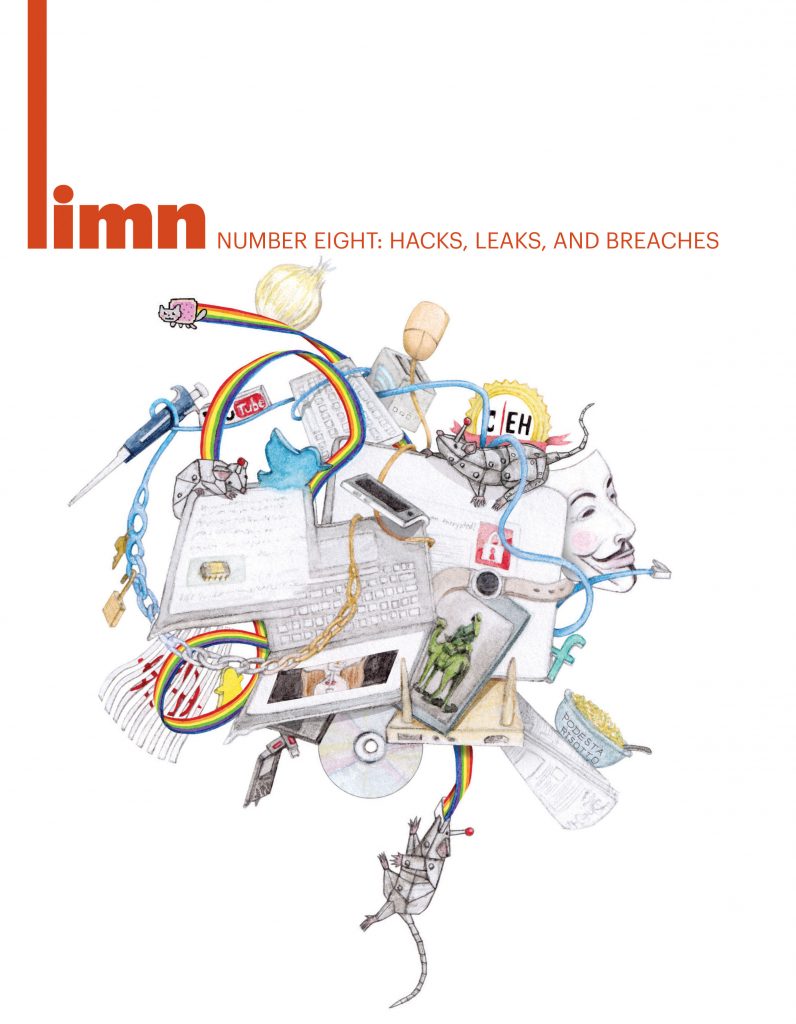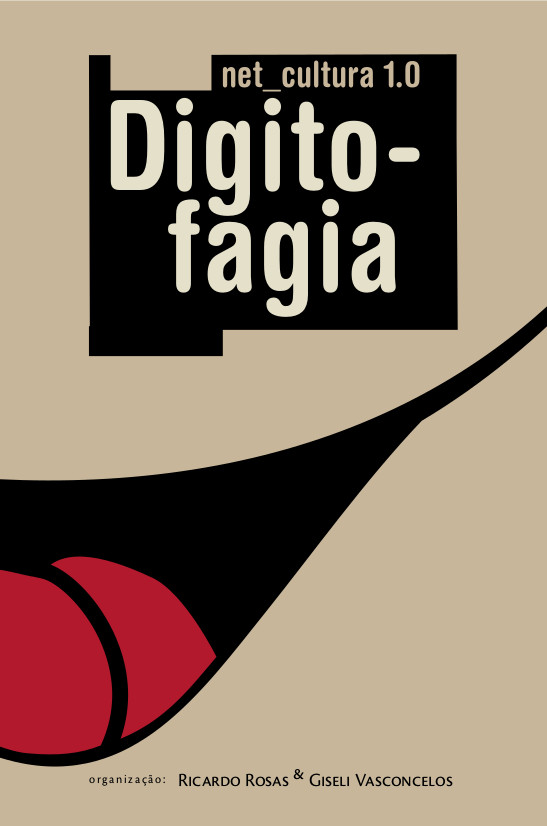KairUs (eds.): Behind the Smart World: Saving, Deleting and Resurfacing Data (2015)
Filed under book | Tags: · art, data, electronic waste, floss, free software, hacktivism, privacy

“The smart world. Created by policymakers, the advertising world, creative industries, and persuasive UX-designers that portray to us a world of shiny brand new technologies, apps that solve all our daily problems and smart cities collecting big data that will eventually solve all the problems of human kind. If we take a slightly more critical look at our smart world, though, our shiny gadgets become obsolete faster than ever, turning into toxic e-waste; our apps and smart cities have turned into an effective all-encompassing surveillance apparatus, and we have no idea who is collecting our data, who accesses it, and where it is stored. There may be issues that the smart world can solve, but at the same time, it raises new problems concerning data breaches, data privacy, data ownership and electronic waste. In this publication researchers and artists unfold some of these issues in three parts: Saving Data, Deleting Data and Resurfacing Data. Each part begins with theoretical texts that address some of the concerns, followed by strategies of artists and activists that expose problematic power structures.” (from the Introduction)
Essays by Fieke Jansen (Tactical Tech), Ivar Veermäe, Emilio Vavarella, Leo Selvaggio, Marloes de Valk, Research Team “Times of Waste”, Stefan Tiefengraber, Michael Sonntag; interviews with Audrey Samson and Michaela Lakova.
Edited by Linda Kronman and Andreas Zingerle (KairUs)
Publisher servus.at, Graz, 2015
Creative Commons BY-SA 4.0 International License
ISBN 9783950420005
160 pages
Review: Alessandro Ludovico (Neural).
Comment (0)Limn, 8: Hacks, Leaks, and Breaches (2017)
Filed under magazine | Tags: · activism, hacking, hacktivism, information warfare, leaking, politics, security

“Hardly a day passes without news of a major hack, leak, or breach; with the scale of computer use and reliance on digital forms of data, no sector of society is immune to these data dumps, infiltrations, and floods. From the surveillance of dissidents to the hacking of elections to the weaponization of memes, hacking is changing in character, and it is changing the world. In this issue we ask whether hacking and hacks have crossed a techno-political threshold: how are hacks, leaks and breaches transforming our world, creating new collectives, and changing our understanding of security and politics. How has the relationship of hacking and hackers to their own collectives, to governments, and to the tools and techniques been transformed recently? What does it mean to be a hacker these days, and how does it differ from engineering, from “cyber-security,” from information warfare or from hacktivism?”
Contributors: Claudio Guanieri, Nils Gilman, Jesse Goldhammer, Steve Weber, Finn Brunton, Matthew Jones, Molly Sauter, Rebecca Slayton, Matthew Goerzen, Adam Fish, Luca Follis, Mustafa Al-Bassam, Sarah Tochetti, Paula Bialski, E. Gabriella Coleman, Robert Tynes, Philip Di Salvo, Sarah Myers West, Ashley Gorham, Joan Donovan, Goetz Bachmann, Tor Ekeland, David Murakami-Wood, Kim Zetter. With science fiction by Cory Doctorow.
Edited by E. Gabriella Coleman and Christopher M. Kelty
Published Feb-Mar 2017
Creative Commons BY-SA 3.0 Unported License
HTML (updated on 2019-7-8)
Comment (0)Ricardo Rosas, Giseli Vasconcelos (eds.): net_cultura 1.0: Digitofagia (2006) [BR-PT]
Filed under book | Tags: · activism, anthropophagy, art, brazil, cyberfeminism, digital culture, hacktivism, media activism, politics, tactical media, technology, web

A collection of essays contextualizing actions and initiatives in Brazil’s net culture and hacktivism, edited by the late Ricardo Rosas and Giseli Vasconcelos and coming out of their experience creating Festival Digitofagia in 2004.
“Digitofagia é resultado de um processo coletivo de pensamento gerado durante a concepção, planejamento e realização de um festival de mídia tática, no Rio de Janeiro e em São Paulo, no ano de 2004, que discutiu, entre outras coisas, a necessidade urgente de “abrasileirar” práticas de mídia-ativismo que até então eram teorizadas, praticadas e planejadas sob a influência de teorias e práticas aparentemente alheias ao contexto brasileiro.
A concepção de Digitofagia foi pensar uma pratica antropofágica que se reatualiza no contexto da cultura digital, reabastecendo seu viés libertário. Para tanto, abraçar práticas espontâneas na cultura contemporânea brasileira, como a pirataria, os camelôs e a gambiarra, seria, quem sabe, formas de trazer a mídia tática para um campo mais familiar e mais cotidiano aos praticantes, teóricos e activistas brasileiros. Afinal, a própria cultura brasileira é um codigo (em) aberto.”
“Composto por 35 textos de escritores, ativistas, pesquisadores, acadêmicos e artistas preocupados com os caminhos do ativismo político-artístico nos tempos da globalização digital, Digitofagia é fruto da inesgotável energia e alegria de Ricardo Rosas (1969-2007), que primeiro pensou e organizou, ao lado de Giseli Vasconcelos, os textos selecionados para este volume.”
Publisher Radical Livros, São Paulo, with Sarai/CSDS, Delhi, and Waag Society, Amsterdam, 2006
Creative Commons BY-SA-NC 2.5 Brazil
ISBN 8598600048, 9788598600048
347 pages
Commentary: Paul Keller (2009), Geert Lovink (2009).
Comment (0)
